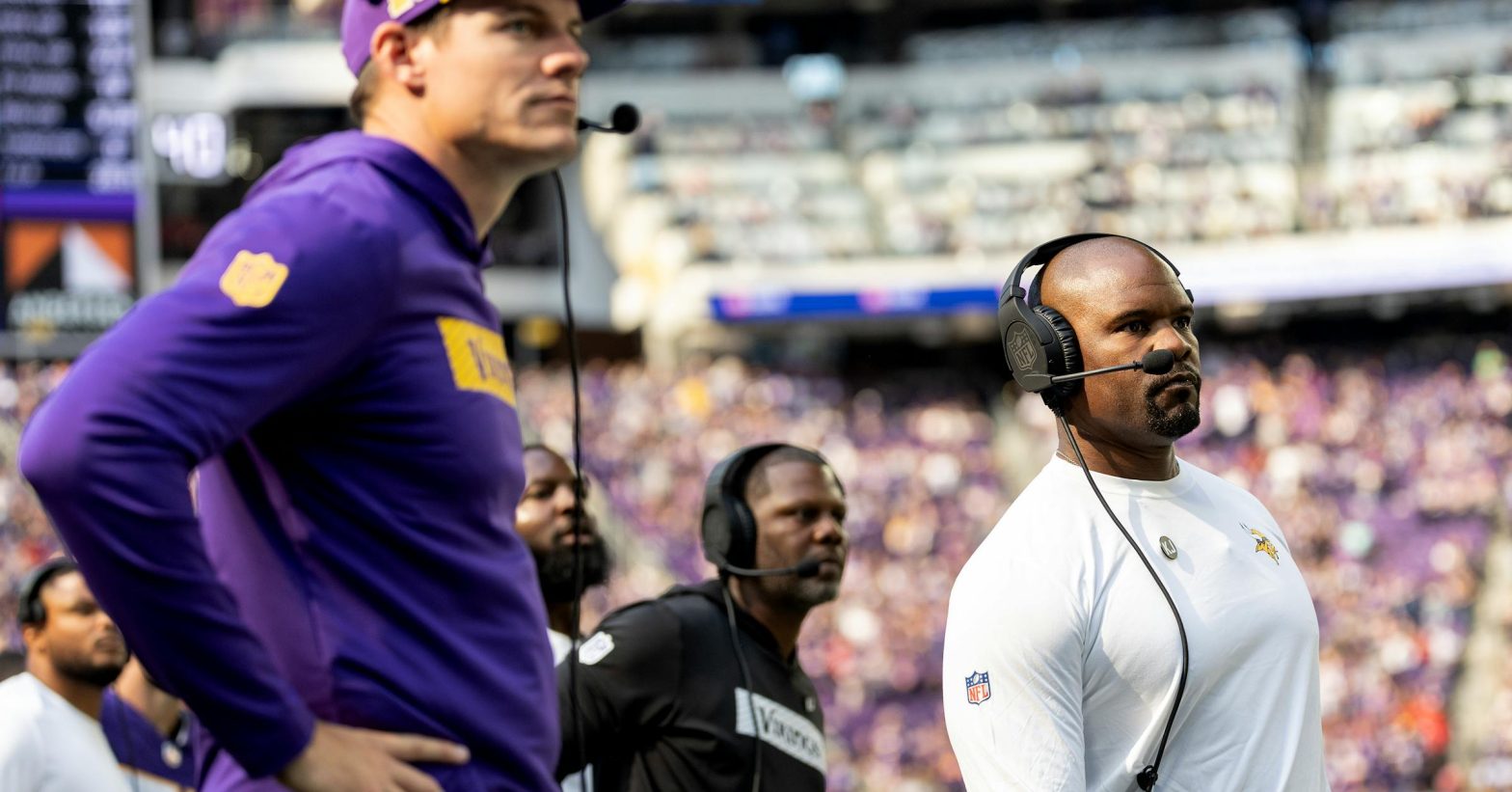“I was kind of like, ‘Buddy, you just need to box out; it’s a simple correction,’ ” Flores recalled. “And that turned into, ‘You think I’m not good at anything.’ I was like, ‘Whoa, whoa, that’s not where this is going.’ But in that moment, I was kind of like, ‘Maybe some players feel that when they’re being corrected.’ Now, when I talk to the players, I say something to the effect of, ‘Don’t you think it’s a reasonable expectation to box out, especially since your coach talks about it all the time?’ It just hits a little different.
“You’re not necessarily sure how people interpret your words. So I’m much more conscious of that.”
“I guess it was just normal to me. You’d get a 99 on a test, it was, ‘What happened to the other point?’ ” he said. “They’re a little different now. I could never say that; I wouldn’t do it, either. We’ve all got to grow and adjust and be flexible. It’s like people who won’t use a computer, or won’t do a PowerPoint: you’re just behind. And I don’t want to be behind.”
He talks with coaches about the messages that might work with one player or the personal issues that might weigh on another. His default critique now begins with a question, like the one he used with his son, and he said he first assumes that even when players make mistakes, “they wanted to do the right thing.”
He’s learned when he speaks, people listen. As a result, he said, “I don’t have to be as demonstrative.”
